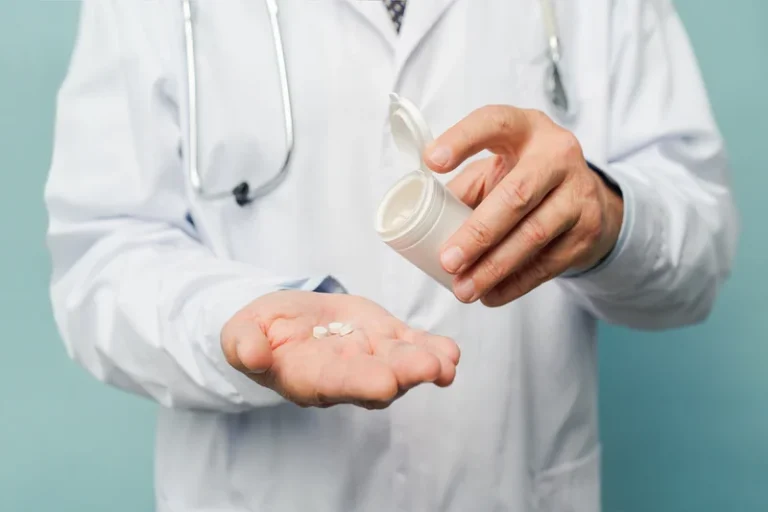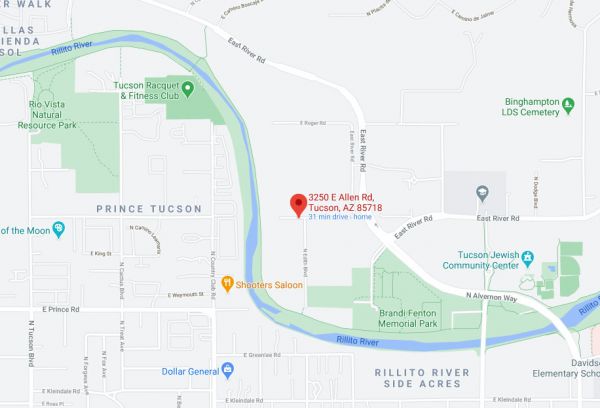How Alcohol Affects Your Kidneys: Short- & Long-Term Effects

Chronic kidney damage is often progressive, requiring dialysis every one to three days to remove toxins that build up in your body and keep you alive. Acute kidney injury is a type of kidney failure that lasts only a few weeks. While a short-term problem, it is often very serious and can even be life-threatening in some situations. It can also turn into chronic kidney disease and have life-long effects. AKI can be caused by the shock binge drinking causes to the kidneys.

Phosphate
Low blood levels of phosphate commonly occur acutely in hospitalized alcoholic patients, appearing in more than one-half of severe alcoholism cases. Alcohol can produce urine flow within 20 minutes of consumption; as a result of urinary fluid losses, the concentration of electrolytes in blood serum increases. These changes can be profound in chronic https://ecosoberhouse.com/ alcoholic patients, who may demonstrate clinical evidence of dehydration. Normally the rate of blood flow, or perfusion, (i.e., hemodynamics) through the kidneys is tightly controlled, so that plasma can be filtered and substances the body needs can be reabsorbed under optimal circumstances (see sidebar). Established liver disease impairs this important balancing act, however, by either greatly augmenting or reducing the rates of plasma flow and filtration through the glomerulus.
- One of the most important considerations about alcohol in a renal diet is the fact that alcohol is a fluid.
- They filter waste from your blood, regulate the balance of water and minerals in your body and produce hormones.
- Rather than the type of beverage, it is the amount of alcohol that affects the kidneys, with binge or excessive drinking having the most impact.
Share Article
Unfortunately, we only know that low-concentration ethanol can improve renal antioxidant capacity, but the exact dose and period are still how alcohol affects the kidneys unclear. Some wines and beers pose potential problems around the amount of potassium they contain. For those who need to limit their fluid to less than 1 litre (2 pints) a day, including one of these drinks can have a big impact on the total fluid consumed over the course of the day. Steatotic liver disease develops in about 90% of people who drink more than 1.5 to 2 ounces of alcohol per day.
Articles
This condition impedes the proper functioning of the kidneys and bladder. You may have kidney pain after drinking alcohol due to dehydration or inflammation of your stomach lining. But it can also happen if you have other health conditions, including a kidney infection. More than two drinks a day can increase your chance of having high blood pressure. Like the liver, excessive alcohol consumption can damage the pancreas.

How Alcohol Impacts Your Kidneys’ Function
- Moreover, many patients were excluded from the long-term observational studies because they did not attend routine annual health checkups.
- The areas around your kidneys may feel sore after you drink alcohol.
- The association of the secondary exposures—frequency of alcohol consumption and binge drinking—with the change in the eGFR were also assessed.
- You probably know someone who developed health problems from drinking too much alcohol.
- In hyponatremic patients, the amount of fluid retained by the kidneys is disproportionately greater than the amount of sodium retained.
- Age, primary diseases, initial eGFR, and individual differences can also affect the prognosis of patients with CKD and interfere with the effects of alcohol on the kidneys 7,10,67,94.
- Another theory suggests that both enzymes may undergo the process of uncoupling due to oxidation or lack of critical coenzymes (e.g., tetrahydrobiopterin).
“Beer drinkers’ hyponatremia” is a syndrome that appears to result from an intake of excessive fluid in the form of beer. Hilden and Svendsen (1975) observed hyponatremia in five patients who drank at least 5 liters of beer per day (L/d) without any other nourishment. In the absence of ADH, segments of the kidney’s tubule system become impermeable to water, thus preventing it from being reabsorbed into the body. Under these conditions, the urine formed is dilute and electrolyte concentration in the blood simultaneously rises. Although increased serum electrolyte concentration normally activates secretion of ADH so that fluid balance can be restored, a rising blood alcohol level disrupts this regulatory response by suppressing ADH secretion into the blood.
- The underlying mechanisms involved in the development and progression of HRS are incompletely understood, although it is plausible that the altered balance between vasoconstrictor and vasodilator factors plays a significant role (Lenz 2005).
- You might wonder if you can continue to enjoy a glass of wine with dinner or your favorite craft IPA.
- However, during chronic ethanol consumption, the body also uses CYP2E1 in the liver as well as the kidneys.
- This makes them less able to filter blood and maintain the correct water balance in the body.
